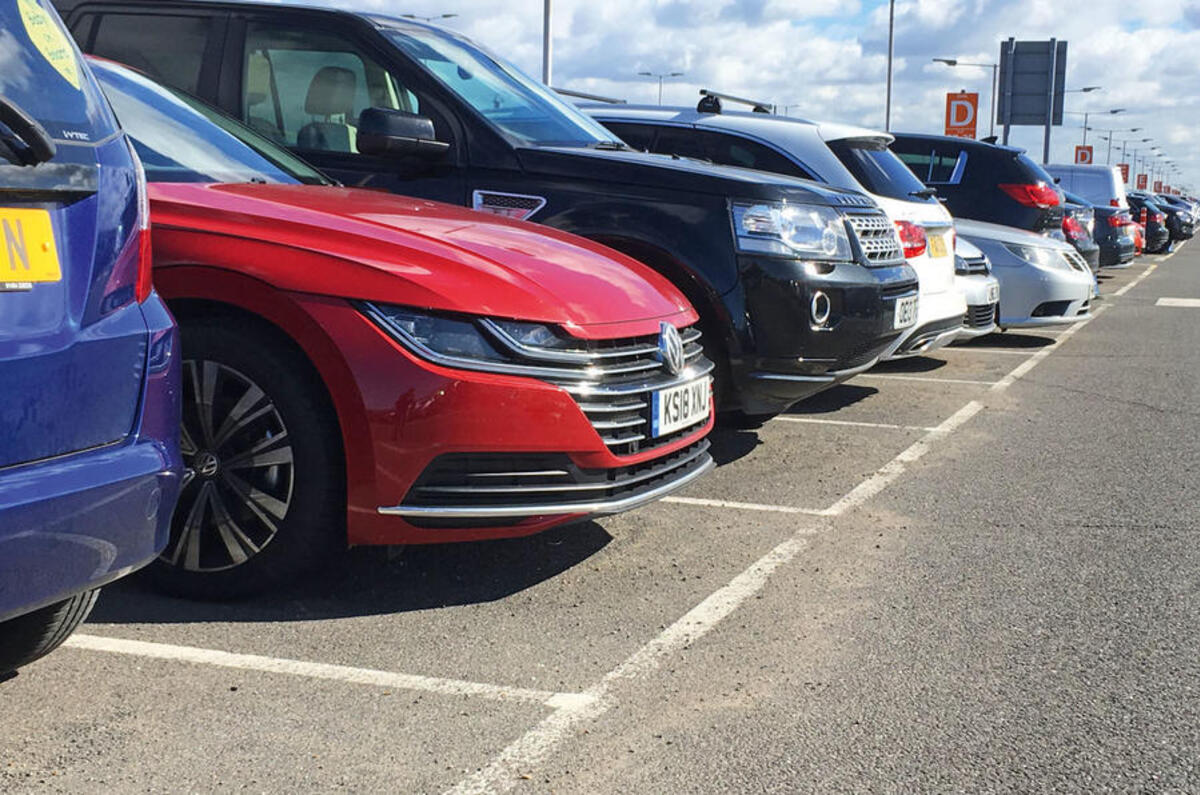Vehicle sharing is a much bigger step towards fixing the climate crisis than the mass adoption of electric cars, according to a British firm that claims to have the technology to make it a reality.
Coastr, whose software allows traditionally paper-heavy automotive firms – such as car rental, car subscription and car sharing firms – to be fully digital, claims that the world’s 2.4 billion cars are utilised to their full potential just 6% of the time, meaning for 94% they are “just sitting there idle”.




Add your comment